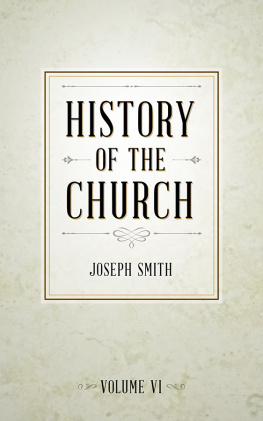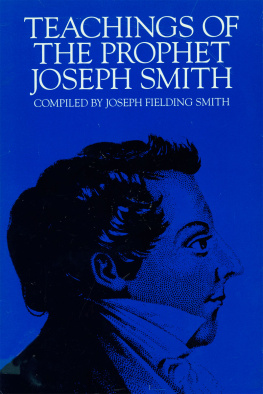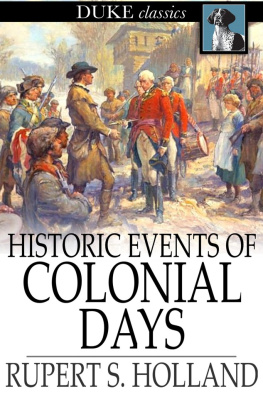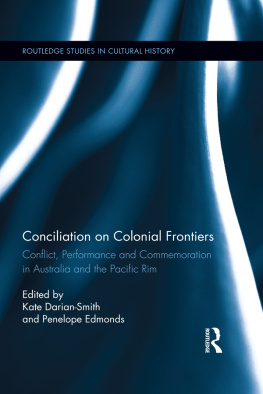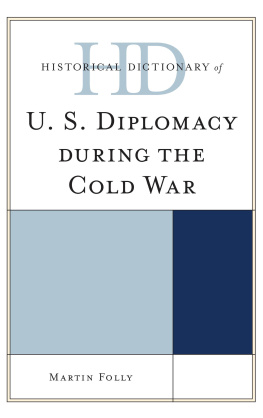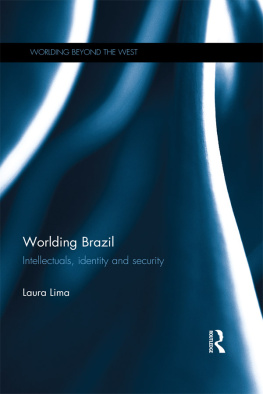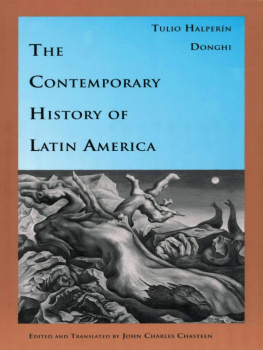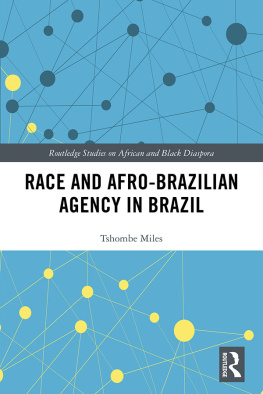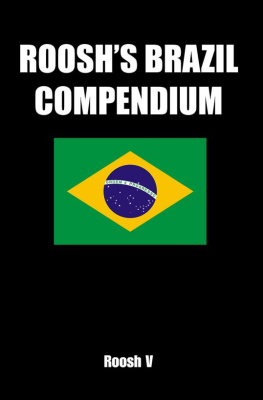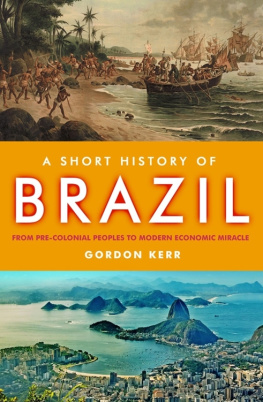First published 2002
by Pearson Education Limited
Published 2013
by Routledge
2 Park Square, Milton Park, Abingdon, Oxon OX14 4RN
711 Third Avenue, New York, NY 10017, USA
Routledge is an imprint of the Taylor & Francis Group, an informa business
Copyright 2002, Taylor & Francis.
The right of Joseph Smith and Francisco Vinhosa to be identified as Authors of this Work has been asserted by them in accordance with the Copyright, Designs and Patents Act 1988.
All rights reserved. No part of this book may be reprinted or reproduced or utilised in any form or by any electronic, mechanical, or other means, now known or hereafter invented, including photocopying and recording, or in any information storage or retrieval system, without permission in writing from the publishers.
Notices
Knowledge and best practice in this field are constantly changing. As new research and experience broaden our understanding, changes in research methods, professional practices, or medical treatment may become necessary.
Practitioners and researchers must always rely on their own experience and knowledge in evaluating and using any information, methods, compounds, or experiments described herein. In using such information or methods they should be mindful of their own safety and the safety of others, including parties for whom they have a professional responsibility.
To the fullest extent of the law, neither the Publisher nor the authors, contributors, or editors, assume any liability for any injury and/or damage to persons or property as a matter of products liability, negligence or otherwise, or from any use or operation of any methods, products, instructions, or ideas contained in the material herein.
ISBN 13: 978-0-582-25771-9 (pbk)
British Library Cataloguing in Publication Data
A CIP catalogue record for this book can be obtained from the British Library
Library of Congress Cataloging in Publication Data
A CIP catalog record for this book can be obtained from the Library of Congress
Typeset in 11/13.5pt Columbus by Graphicraft Limited, Hong Kong
I was attracted to the idea of writing a book covering the history of Brazil because I have long been fascinated by that country and its people. As a teacher ofLatin American history I have also wanted to write a general work of synthesis that would be useful and informative for students taking survey courses in Brazilian history. When I started on the project there was a lack of up-to-date textbooks in English, but this has been rectified in the past few years by the publication of a number of excellent scholarly works. Students now have an enviable luxury of choice.
My own studies have been aided by travel grants from the British Academy that enabled me to make research visits to Brazil. I am also very grateful to the Arts and Humanities Research Board for a Research Leave grant that gave me a period of release from teaching and administrative duties and was a crucial factor in helping me to complete this particular book.
I am indebted to my co-author, Francisco Vinhosa, for his friendship and hospitality. Francisco prepared material in Portuguese that I translated and edited to form the basis of the chapters on the colonial and imperial periods. I hope that the final text lives up to his expectations. My greatest personal acknowledgement is, as always, to Rachael for her encouragement and support.
Exeter, August 2001
Chapter 1
Colonial Brazil
Although it had been traversed and occupied by indigenous peoples for centuries, the large area of the Americas that would become the nation known to people all over the world as Brazil was not formally discovered and claimed by Europeans until 1500. The encounter occurred when a Portuguese fleet en route to India sighted an unknown land to the west on April 22, 1500. On coming ashore two days later the leader of the expedition, Pedro lvares Cabral, declared the territory to be the possession of the king of Portugal. The land therefore became part of the Portuguese overseas empire, and its history for the next three centuries would be greatly influenced and shaped by Portuguese political, economic and cultural values and requirements.
The discovery appeared accidental, but to the Portuguese it was one more sign of their nation's divine mission to expand overseas. For over a century since 1385 the relatively tiny kingdom of Portugal under the ruling House of Avis had been actively involved in organizing voyages of discovery and exploration. Interest in the wider world reflected the country's geographical position bordering the Atlantic Ocean. The resulting sea-going tradition of the people of the coast was reinforced by contemporary improvements in cartography and navigational techniques and especially the development of the caravel, a sailing ship that combined stability on the high seas with the capacity to carry large cargoes of merchandise. In addition, the Portuguese monarchy, of which Prince Henrique 'the Navigator' was a prominent member, gave enthusiastic backing to merchants in their schemes to circumvent the traditional land passage across Europe and Asia and discover a new Christian neighbors, the Portuguese had fought a successful Reconquista (War of Reconquest) to reclaim their portion of the Iberian peninsula from the Muslims who had invaded during the eighth century. The spirit of the Reconquista endured in the desire to serve God by spreading the Catholic faith overseas and was illustrated in the emblem of the Cross that appeared on the sails of Portuguese vessels.
The first stage of Portuguese overseas expansion was directed to North Africa, where the fortress of Ceuta was seized from the Muslims in 1415. Although a desire for further territorial conquests existed, the policy that evolved was eminently practical in emphasizing trade rather than permanent colonial settlement or civilizing mission. Various strategic points along the coast of West Africa were captured and used as feitorias (fortified trading posts) for the exchange of goods with local Africans. The most valuable items traded were gold, sugar and slaves. To facilitate and protect the new trade, a network of important naval bases in the Atlantic Ocean was established during the fifteenth century in Madeira, the Azores and the Cape Verde Islands. The route to the Indian Ocean was opened in 1488 when Bartolomeu Dias succeeded in safely sailing past the Cape of Terrors, which was renamed the Cape of Good Hope.


